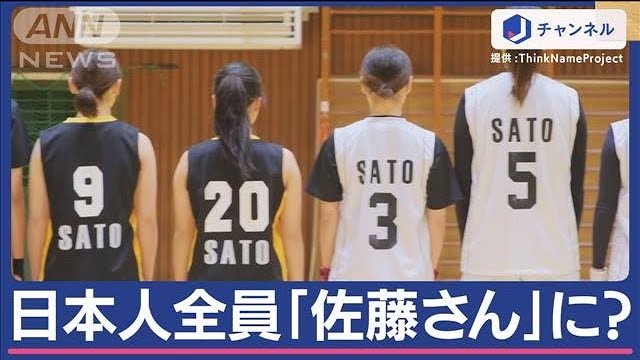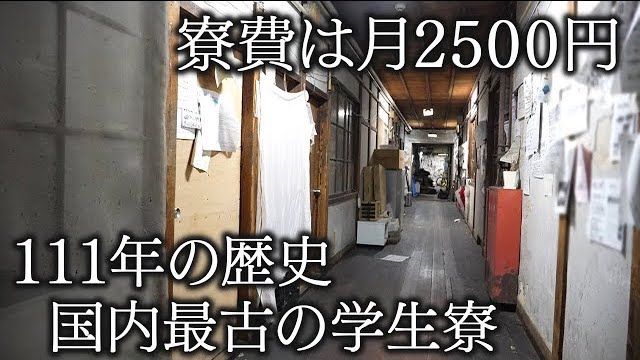For centuries, hemp was grown across Japan and used in cuisine, clothing and traditional rites. It suffered an image problem during the post-war years and has not fully recovered.
The announcement that the amount of marijuana in liquid form seized by customs officials in Tokyo in 2020 soared nearly 70 times from the previous year has attracted headlines in a country that still operates a zero-tolerance policy on all forms of narcotics. For Junichi Takayasu, founder of the Hemp Museum, the dramatic media coverage of the figures is deeply unfortunate.
All too often, he says, the Japanese media, local authorities, the police and the public simply conflate cannabis with hemp, a crop that has a history that stretches back centuries in Japan, and which Takayasu would like to see once again flourishing in the fields.
But he admits that it is an uphill task to convince people of the benefits of a crop that has traditionally played an important role in Japanese culture.
"Japanese people used to utilize hemp for many things in the past, but because of the laws that were introduced, people have forgotten about the past and how hemp was used," he told DW.
"Hemp was grown in many parts of the country and used in clothing, household items and even religious events, but that has all gone," Takayasu said. "I want to remind people about our hemp culture, and that is why I opened the museum in 2001. But I think it is going to be difficult to change the minds of enough people."
For centuries, hemp was a common crop found across Japan that was used in the sacred "suzunoo" ropes that adorn shrines and in the ceremonial belts of sumo wrestlers. On a more day-to-day basis, fibers from the stalks of hemp plants were used to produce clothing, including shirts, as well as mosquito nets, fishing nets, paper and in traditional medicine, while the seeds of the plant were used as spices in cooking.
The ban on cannabis and related products was introduced after Japan's defeat in World War II, when the primarily American occupation government effectively imposed a new constitution and laws on Japan that reflected US standards of the day.
The domestic hemp industry has contracted dramatically, from 5,000 hectares under cultivation in the peak year of 1952, when 37,300 farmers were growing the crop, to a mere 7.6 hectares of land in 2015. As of March 2017, only 30 individuals still had permission to grow hemp, with 90% of domestic production coming from Tochigi Prefecture, north of Tokyo.










